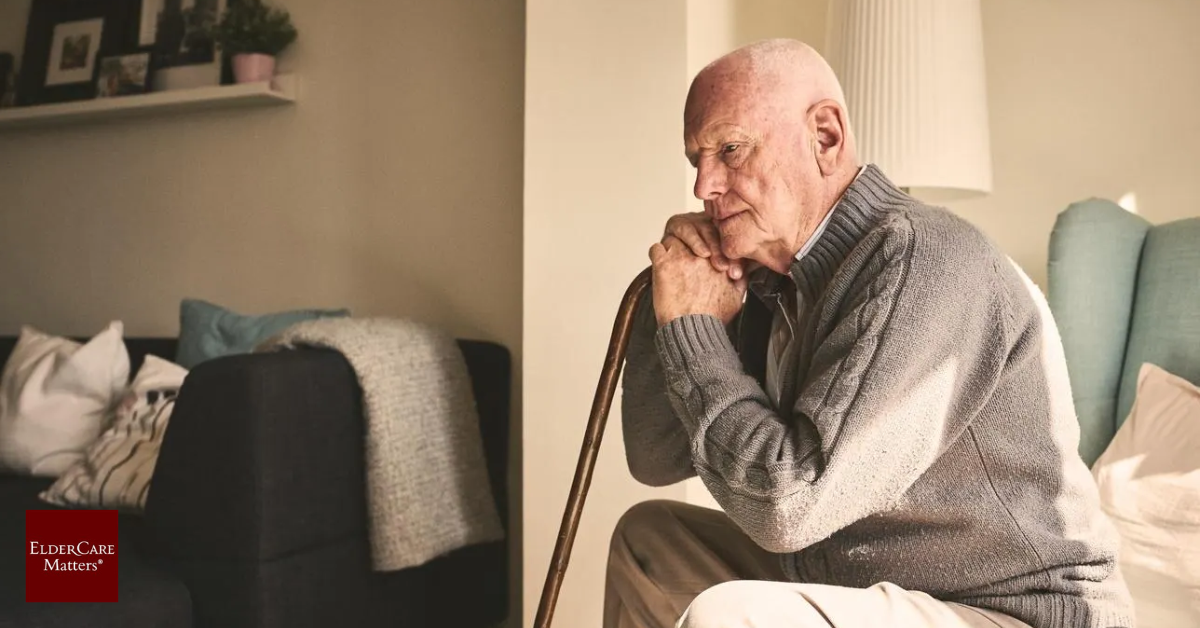
Social isolation among seniors is a growing concern, with far-reaching consequences for both mental and physical health. As people age, they may experience factors that lead to social disengagement, such as the loss of loved ones, mobility issues, or the absence of close family nearby. While it’s common for seniors to become more solitary with age, the impacts of isolation are profound and can have lasting effects on overall well-being.
Mental Health Consequences
One of the most concerning effects of social isolation in the elderly is its impact on mental health. Loneliness often leads to feelings of depression, anxiety, and a lack of purpose. Without regular social interaction, seniors may become withdrawn, leading to even more isolation. Depression is particularly concerning as it can contribute to a decline in cognitive function, increasing the risk of dementia or Alzheimer’s disease.
The emotional toll of social isolation can also result in feelings of hopelessness or frustration, contributing to lower self-esteem. Many elderly individuals struggle with the idea of becoming a burden to others, which can exacerbate feelings of loneliness and self-doubt.
Physical Health Risks
The physical impact of social isolation is just as alarming. Studies show that isolated seniors tend to experience higher levels of chronic stress, which can increase blood pressure and weaken the immune system. This makes them more vulnerable to illnesses and exacerbates existing conditions like arthritis, diabetes, and heart disease.
Additionally, social isolation may lead to a lack of physical activity, which is essential for maintaining mobility and overall health. When seniors have no one to engage with socially, they often forego exercise and movement, contributing to muscle weakness and even increased fall risk.
Solutions to Combat Social Isolation
Addressing social isolation in seniors is critical for their overall health and well-being. Here are some strategies that can help:
- Encourage Regular Social Interaction
Regular visits from family and friends, whether in-person or through virtual platforms, can greatly improve a senior’s mental health. Encouraging regular phone calls or video chats can foster a sense of connection. - Support Social Groups and Activities
Joining social groups or attending local community events designed for seniors can provide valuable opportunities for engagement. Many organizations offer programs tailored to older adults, including hobby classes, support groups, and fitness classes. - Promote Volunteer Opportunities
Volunteering not only helps others but also offers seniors a sense of purpose and community involvement. Whether it’s helping at a local food bank or tutoring children, these activities can combat loneliness and build new relationships. - Leverage Technology
Technology can be a lifeline for isolated seniors. Teaching them how to use video conferencing tools, online games, or social media platforms can help them stay connected with loved ones and their communities, reducing feelings of isolation. - In-Home Assistance
Home care providers can offer a vital connection for seniors who are housebound. These caregivers provide not just physical assistance, but also companionship, ensuring seniors don’t feel completely alone.
The impact of social isolation on seniors can be severe, but it is not inevitable. By fostering a supportive environment and promoting social engagement, we can mitigate these effects and enhance the quality of life for our elderly loved ones. Together, we can create a world where seniors are not just surviving but thriving in their later years.
We are committed to helping seniors stay connected and engaged. Reach out today to ElderCareMatters.com – America’s National Directory of Elder Care Resources and learn more about in-home care services and how to support your loved ones.
Reading Time: 3.49 mins.


